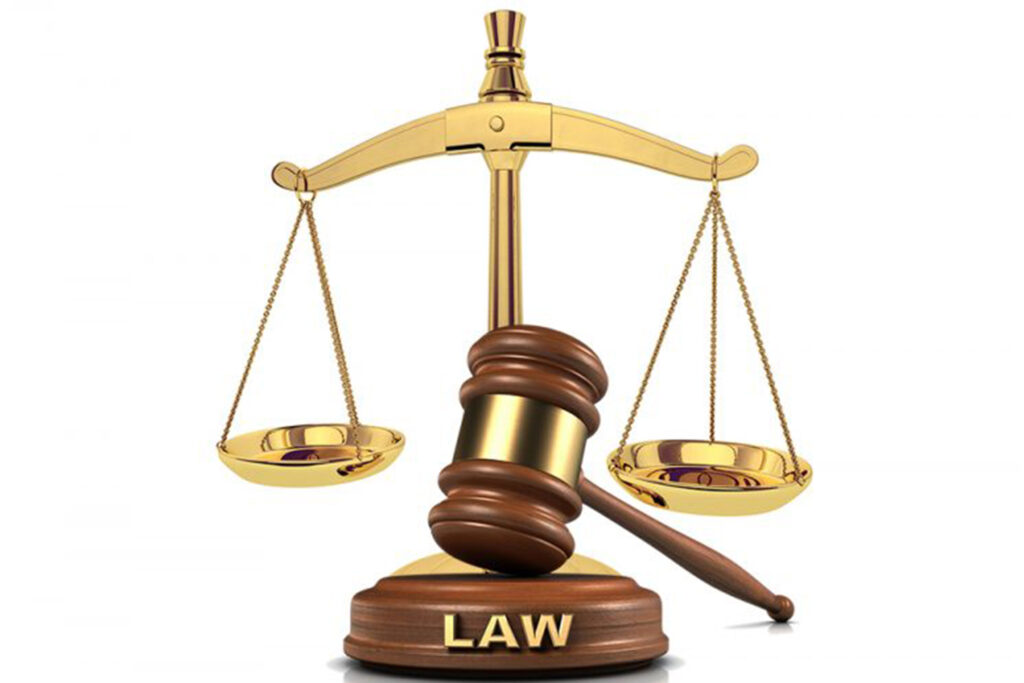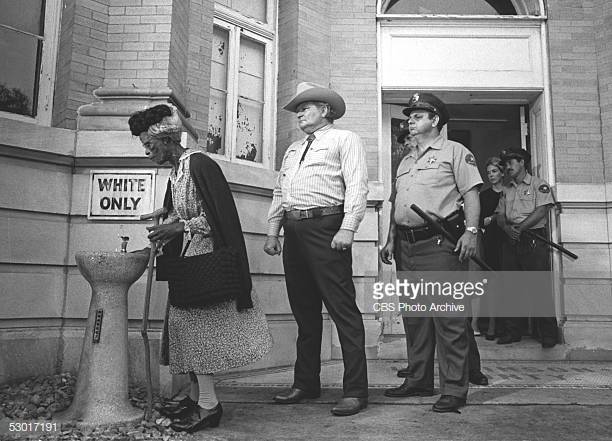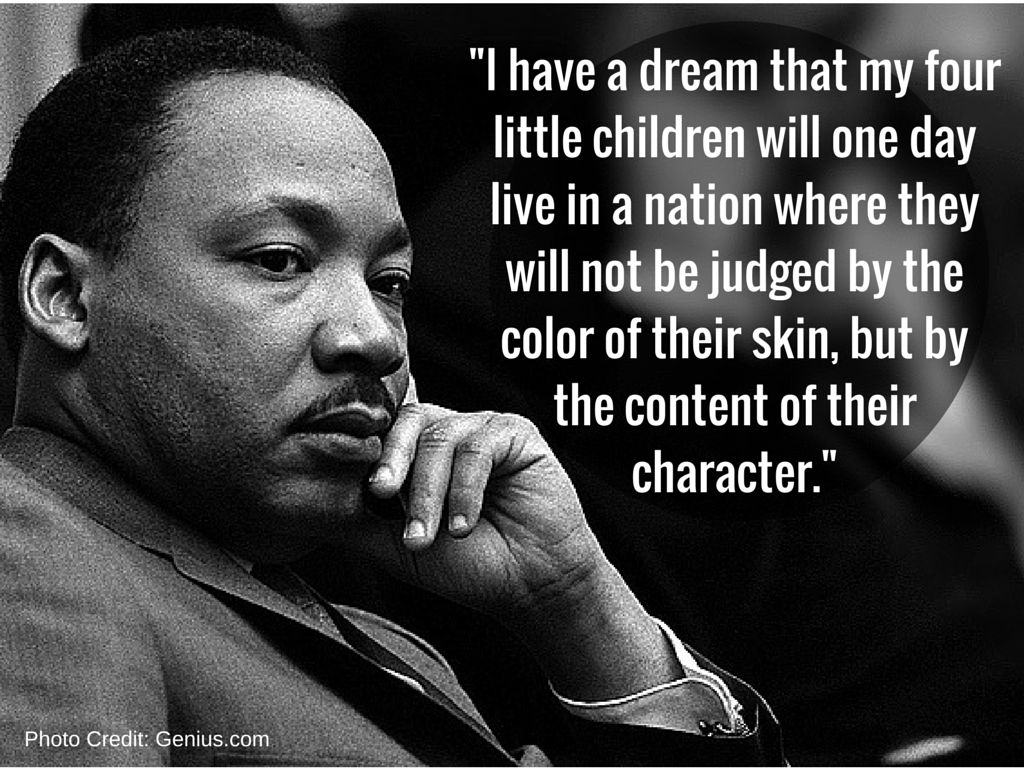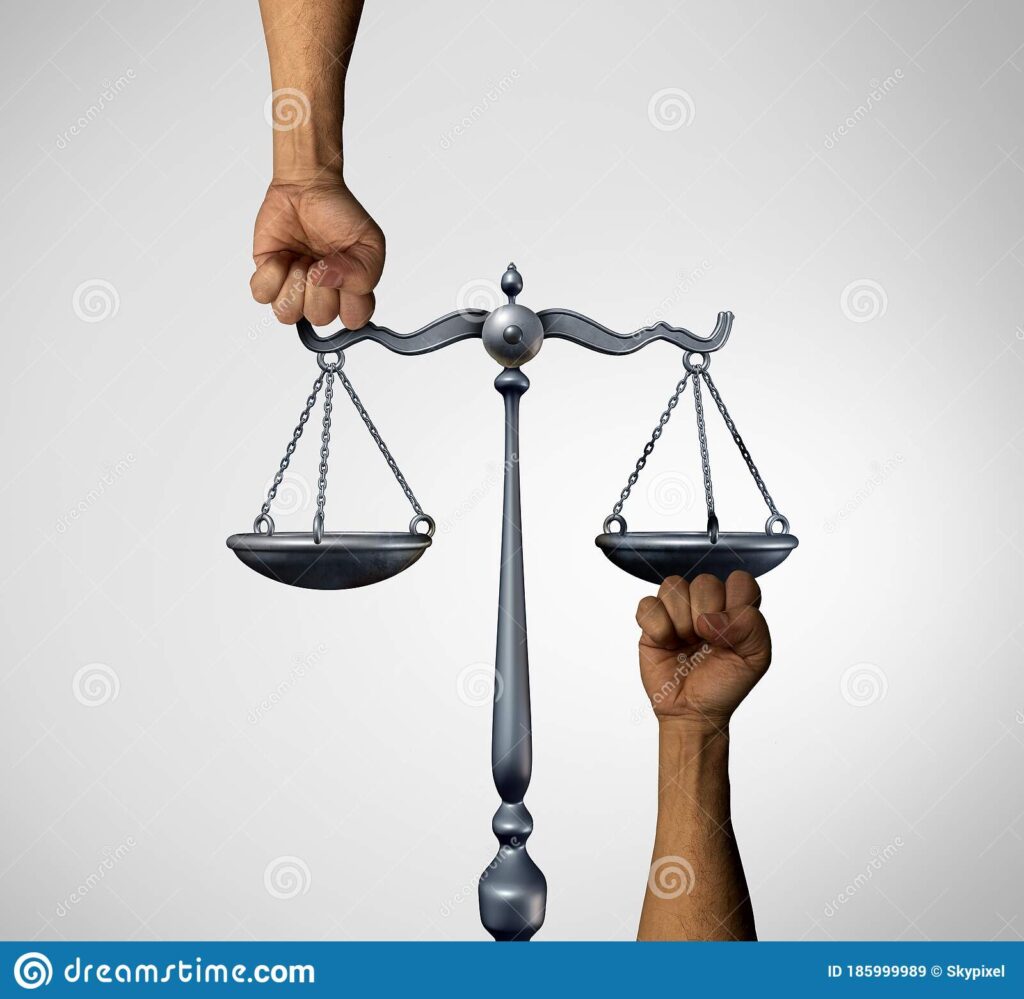
The Rule of Law
“The rule of law” can mean different things to different people, some acceptable, some not. After reviewing several meanings, this writer chose a definition believed to be in line with how most people view the meaning.
The rule of law is a principle under which all persons, institutions and entities are accountable to laws. These laws are publicly communicated, equally enforced, independently judged and consistent with international human rights principles. If this is true, I ask, “What does America’s track record look like?

History of the Rule of Law in America
Beginning with Reconstruction, America sought to fix the “human rights” part of the law it had indulged in during slavery. We all know it failed miserably during that period. Slaves were not considered human beings, so the law did not apply to them. However, during reconstruction, slaves became “human beings,” and many states set about correcting laws and treatment. Southern states could not live with that “correction” and fought forcibly until the country allowed them to use Jim Crow laws to deny human rights and dignity to African Americans. Racism became the norm and today, many southern states continue to treat black, brown, red and yellow people differently in enforcement and judgment. Such practices reveal a need for equal treatment under the rule of law.

Why Equal Treatment Under the Law is Essential

There are numerous reasons why equal treatment under the law is essential. However, this article lists ten principles that must be adhered to, in a civil society. Thus, a practical rule of law:
- Protects Citizen Rights
- Strengthens the Democratic Process
- Limits the Powers of Government, Businesses and Citizens
- Protects Citizenry Against Arbitrary and Autocratic Power
- Promotes Fairness and Trustworthiness
- Instills Mental Safety and Welfare
- Provides an Impartial Judicial System
- Ensures Equal Protection Under the Law
- Supports the Constitution
- Ensures Limitation of Power & Control
Most mayors, governors and presidents would readily agree that placing laws “on the books,” is very different from enforcing those laws fairly and equally. Why? Many people believe laws apply to everyone except themselves. They also have a “You must interpret the law so that it benefits me” attitude. How has America’s practices compared to such a value system?
America’s Use of Principles and Rules

The American Revolution gave white Americans freedom but denied it to Native Americans. The Civil War freed slaves, but enslaved Blacks with Jim Crow laws. Japanese Americans believed the welcoming sign that read “Give me your tired, your poor, Your huddled masses yearning to breathe free,” and migrated to this country. However, between 1942 and 1945, over 100,000 were placed in “relocation camps.” In reality, they were concentration camps.
American Hispanic/Latino history dates back to 1513, long before America became “anything.” In fact, it was not until 1620 that our “pilgrim fathers” landed on Plymouth Rock. Wars like the Battle of the Alamo, Spanish-American War and Mexican-American War, caused Spanish-speaking people to lose control of all acquired resources. Therefore, we have today what we had then, Hispanics seeking citizenry and a place in a country that was theirs before ours. America’s history is and has always been, take what you want and control those who oppose it. How is that for the “rule of law?” Sadly, it’s where we are today.
“No One is Above the Law”

Often, we hear the phrase “no one is above the law.” Why? Because millions of Americans believe that phrase has not been applied to Former President Trump. If news accounts of his presidency and the life he has lived since adulthood are accurate, he believes he is above the law. Two impeachments, his seeming love for autocrats, hundreds of lawsuits and inciting an insurrection, place him in such a category. As I listen to his ridiculing of others, I shudder for the “ears” of our youth. How can we teach them to respect the presidency, when they hear the things that spew out of his mouth? How could Americans have placed such a man in the Whitehouse? And… why do so many still follow him? Seemingly, how has he escaped justice for so long? These are questions “we the people” must grapple with and answer. Until we do “someone is above the rule of law.”
The Rule of Law: Equal Justice for All

For America to grow as a nation, it must have a judicial system that serves its citizenry equally. No individual or group is above the law. It must continue to strive for a republic with a balanced sense of justice. Leaders must be chosen who respect and honor that justice. The foundation for becoming a great nation has been laid. Now, we must build the walls of freedom, justice, equality and impartiality.
As we look at the history of mankind, we discover that a nation without a spiritual foundation, is doomed to devastation. That which has lasting values, has principles based on a sense of right and wrong. When anything goes . . . everything goes. Laws unenforced, are the same as having no laws. Indictments and charges must be brought against those where evidence reveals crimes were committed. It is better to fail. . . than fail to try. The greatest power…is divine power.
